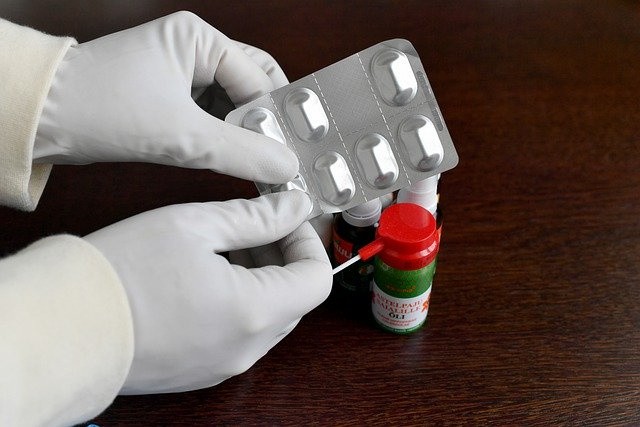
Chloroquine and hydroxychloroquine are two drugs that are standouts in the fight against the coronavirus. These are drugs that were cited by US President Donald Trump as important in the development of anti-COVID-19 medicines.
Compared to other alternatives, the reconfigured drug are used for malaria and other maladies. Many U.S. states are asked to keep the supply constant to prevent shortages too.
New York Trials
The state of New York bought 70,000 doses of hydroxychloroquine and 750,000 doses of chloroquine, confirmed by Gov. Andrew Cuomo. Bayer which makes the drug gave 3 million doses of Resochin, a branded chloroquine drug, to the federal government.
Stockpiling this amount of the drug was cautioned with "CLINICAL STUDIES HAVE NOT BEEN SUCCESSFUL or EFFECTIVE."
Several overdosed were reported (according to sources) in Nigeria's Lagos state. Another is the death of an Arizona man who consumed a non-medical form of chloroquine, an aquarium cleaning additive. The man's wife, who also ingested the additive, was hospitalized in Bayer Health centers.
Why should Hydroxychloroquine be considered as an alternative to toxic chloroquine
Hydroxychloroquine is a correlate of chloroquine. It is the same but with a different set of chemical and biological compositions. Compared to the harsher chloroquine, hydroxychloroquine is a milder version of it.
It is used to treat maladies like rheumatoid arthritis, lupus and the blood disorder porphyria cutanea tarda, added the CDC.
According to the CDC, Trump prefers them because they are useful for SARS coronaviruses that include COVID-19 disease.
Studies are now geared to see if hydroxychloroquine will stop the COVID-19 contagion from hijacking cell machinery, and if 18 COVID-19 victims can have positive progress.
Evidence only anecdotal
The combination of hydroxychloroquine and the antibiotic azithromycin, as game-changers in the anti-COVID-19 vaccine search, was only cited in a small study and is not final. Another is that nothing similar to the Nigerian poisoning and Arizona death is yet to be reported.
CDC recommends not using hydroxychloroquine and the antibiotic azithromycin can disrupt the heart's bioelectric capacity negatively, and not good for chronic medical conditions, such as renal failure or hepatic disease.
Chloroquine has its negative effects too, like having seizures, nausea, vomiting, deafness, vision changes and low blood pressure. But, both are better received in COVID-19 conditions.
Dr Anthony Fauci, the director of the National Institute of Allergy and Infectious Diseases, mentioned that the effectiveness is unreliable, but can be considered since it worked well with SARS (Severe Acute Respiratory Syndrome).
More tests are needed to approve either chloroquine and hydroxychloroquine if they are safe for patient testing. It is critical for reaching a COVID-19 cure.
'It showed promise in the test tubes'
The Food and Drug Administration (FDA) is working with agencies and universities fast track and lessen the severe symptoms of chloroquine, as a tested and approved COVID-19 cure. Another aspect of the studies is to lessen COVID-19 cases both midle to moderate.
"We also must ensure these products are effective; otherwise we risk treating patients with a product that might not work when they could have pursued other, more appropriate treatments," FDA Commissioner Stephen Hahn said in the statement.
Hahn is also calling for "a large, pragmatic clinical trial" in order to gather all he information needed to answer all the questions about the drug and its potential to cure coronavirus.
The lopinavir-ritonavir failed in Chinese COVID-19 trials, noted the CDC. Remdesivir noted by the CDC has been widely used as anti-viral, but more tests are still needed.
Chloroquine and hydroxychloroquine
Both chloroquine and hydroxychloroquine are candidates for U.S. coronavirus trials, but chloroquine is getting more emphasis. Already the dangers of chloroquine are pronounced with recent news of a death and 3 poisonings. Trials will continue as the U.S. administration seems keen on chloroquine.








